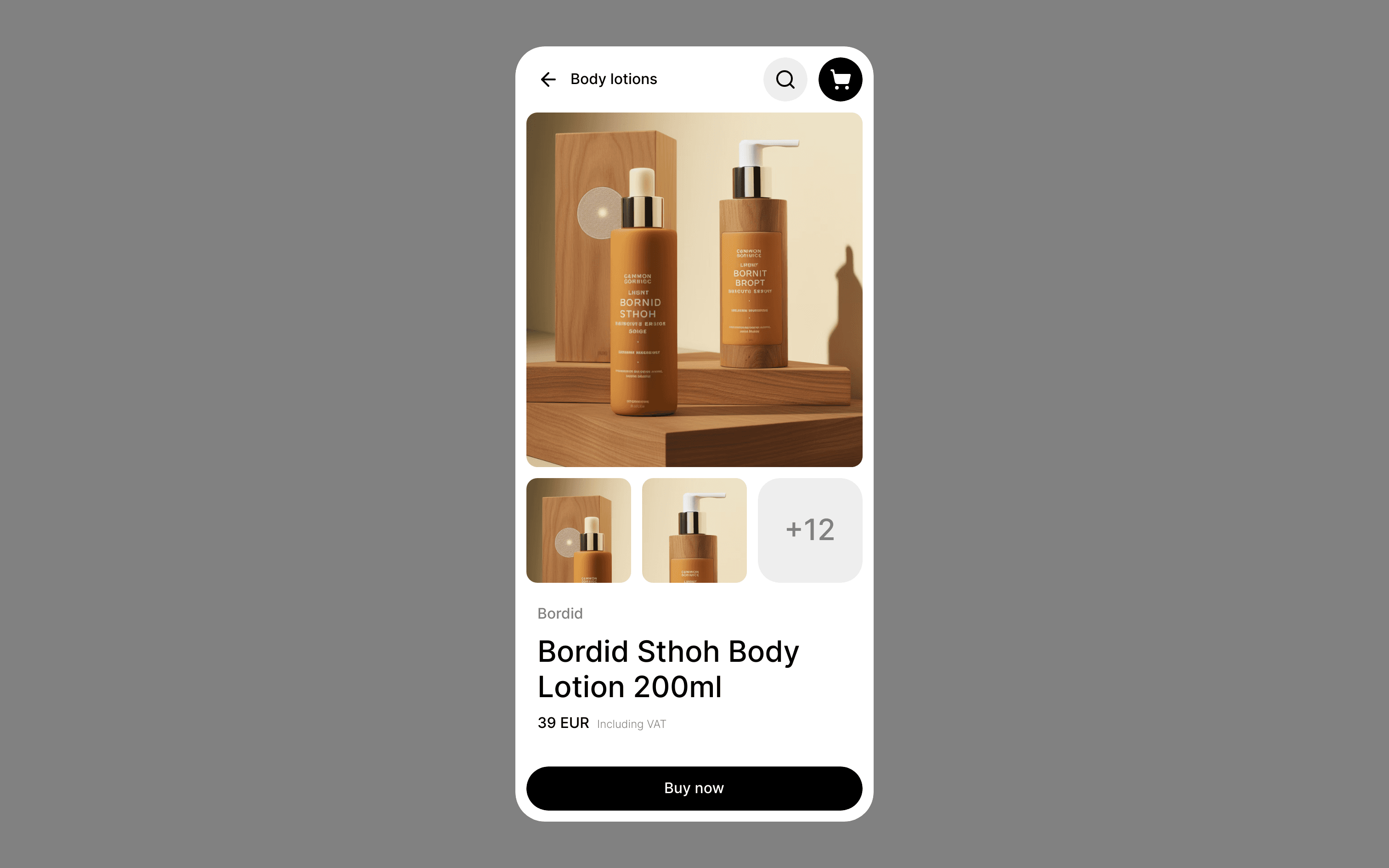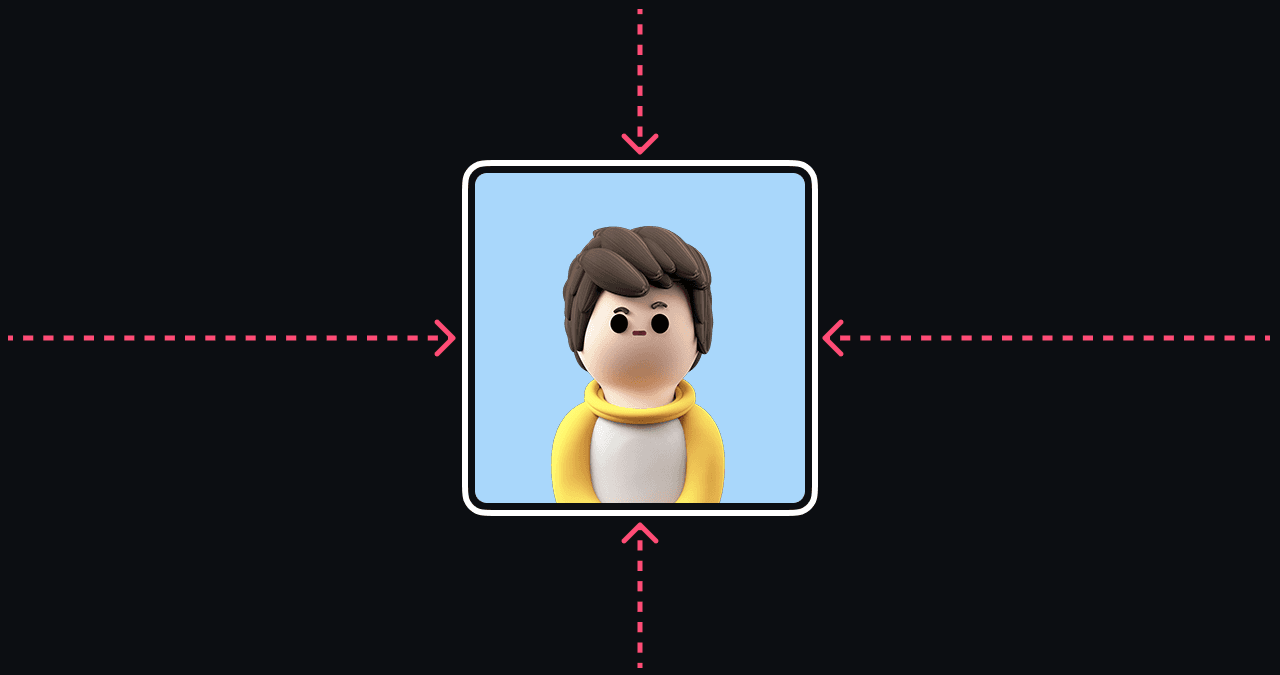Build Design Systems With Penpot Components
Penpot's new component system for building scalable design systems, emphasizing designer-developer collaboration.


Centering elements within their parent containers has historically been a challenging task since the dawn of web development. With the evolution of CSS, developers now have a plethora of tools to tackle this problem efficiently. This tutorial from Josh Comeau explores various approaches to centering elements, providing a comprehensive set of strategies for handling centering. The article presents trade-offs between different methods, leaving you with with a range of techniques for centering divs in CSS layouts.
Auto margins (margin-left: auto; margin-right: auto;) is an old but useful technique for horizontally centering an element within its parent
Logical properties like margin-inline provide a modern and more internationalized way to set margins
Flexbox allows centering elements horizontally and vertically with justify-content and align-items
Fixed Positioning with inset: '0px' and margin: 'auto' can center within the viewport
For elements with unknown sizes, using width: fit-content; height: fit-content; along with positioning can center them
CSS Grid can concisely center elements with place-content: center;
Grid allows stacking centered elements into the same cell using grid-row/grid-column
Centering text itself within a block – use text-align: center;
Check out the article for an in-depth exploration and live examples - it even includes CodePens that you can play with.

"I decided to create this tutorial to help you understand the trade-offs between different approaches, and to give you an arsenal of strategies you can use, to handle centering in all sorts of scenarios.
AI-driven updates, curated by humans and hand-edited for the Prototypr community